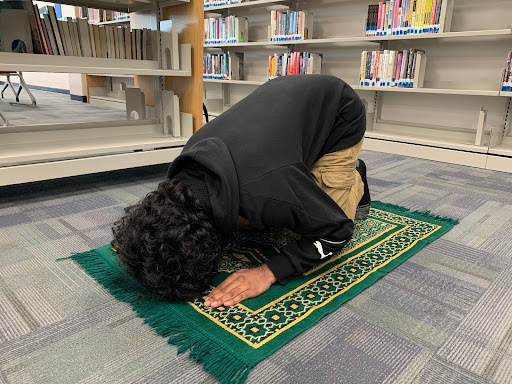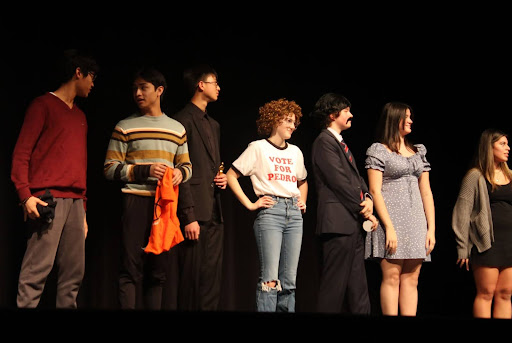Debate team is teaching communication
April 19, 2018
Margaret Heffernan, an entrepreneur and CEO, once said “For good ideas and true innovation, you need human interaction, conflict, argument, debate” — and indeed the members of WS’s debate team, led by their coach Michael Dutcher, are using their skills of debate and professional argumentation to discuss and inform others.
“For me, debate is about education. We compete to win, but we also compete to get information out to other teams and judges. The debate topics we have are relevant and important, and when we debate them we learn so much about events or phenomena that are happening right now,” said senior Kaela Peters, who is co-captain of the debate team along with senior Angela Hong.
Both in high school and later in college or the workplace, being able to communicate your views or perspectives effectively is a skill that is considered an important tool to voice what you believe in while also being received easily. Debate team provides practice and assistance in building one’s confidence in relaying an argument.
“The reason why I joined and why I continued debating throughout my four years here was because I wanted to improve my speaking skills,” said Hong.
As of now, WS debates solely on policy — creating a myriad of topics for the team to discuss and bring to the attention of other teams at tournaments. Often times, policy can be divisive between those who are pro or con. However, debate team shows the importance of seeing the other side in argumentation.
“Debate is important because it teaches us to look at things in different perspectives, even on issues that we feel so strongly about. It also helps us analyze complicated issues within the United States that we probably will be dealing with outside of high school. I’ve become so much better at researching and articulating my viewpoints over the three years I’ve been in debate, not to mention I probably know a lot more about diplomatic relations with China or the federal government’s role in education than I would have if I didn’t join,” said Peters.
Debate team meetings are about an hour once a week, usually involving discussion of the parts of a debate for both sides (affirmative and negative) and how to argue against cases heard at past tournaments. Tournaments last all day and have four rounds. For busy high school students, this can be quite the time commitment but Hong says that it’s worth it.
“The biggest challenge I have with debate is the amount of time it takes up. Attending meetings, researching evidence, and competing in tournaments adds up to a lot of commitment and I always have to plan around my debate schedule. Sometimes the tournament dates conflict with my volunteering or tennis practice, but debate is always my first priority,” said Hong.
Debate team is not just an informational and educational extracurricular, it can be enjoyable as well if you invest in it.
“It’s a lot of fun for me to have to think on my feet in different and creative ways while still having solid evidence to back myself up,” said Peters. “Although, it’s a lot more fun when we’re winning.”

The debate team focuses on being able to communicate ideas across to others while informing others. It is a very important club, especially for the future.
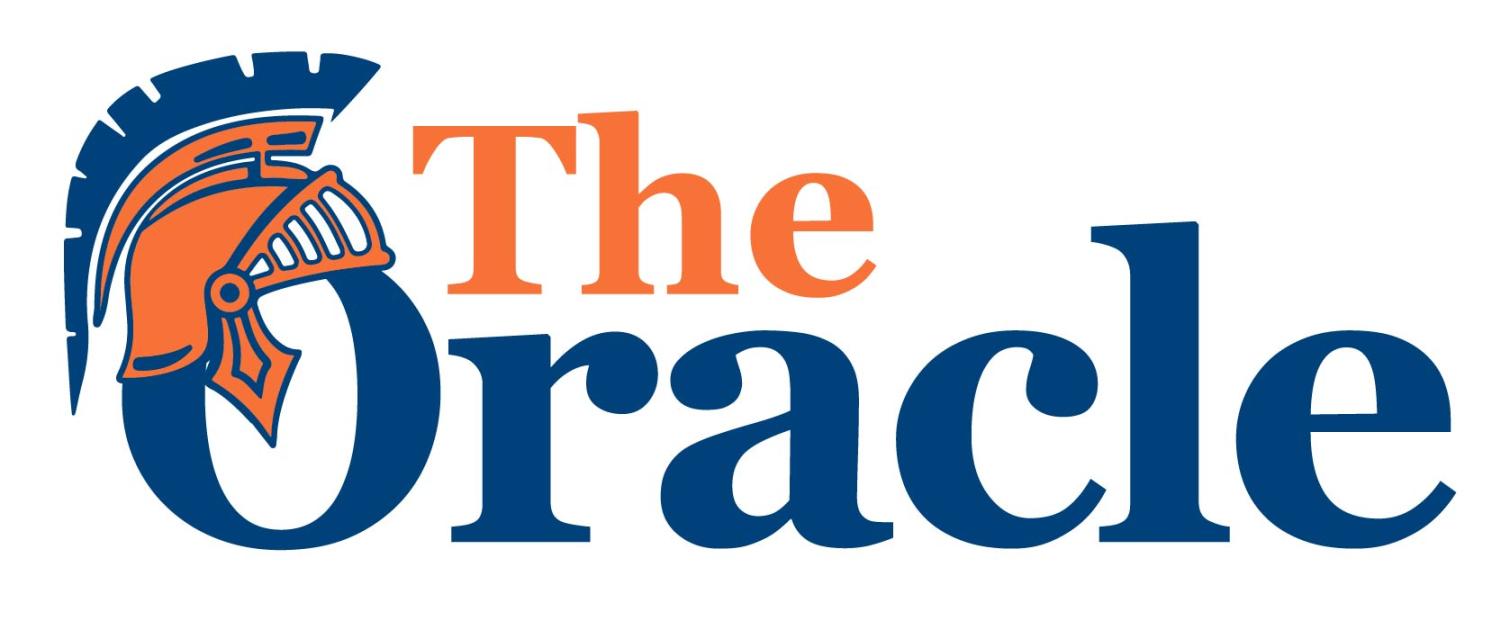





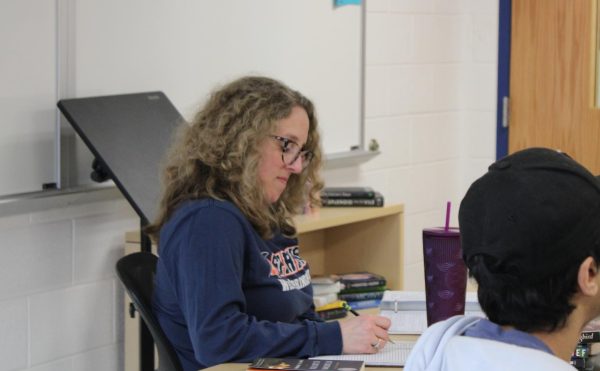

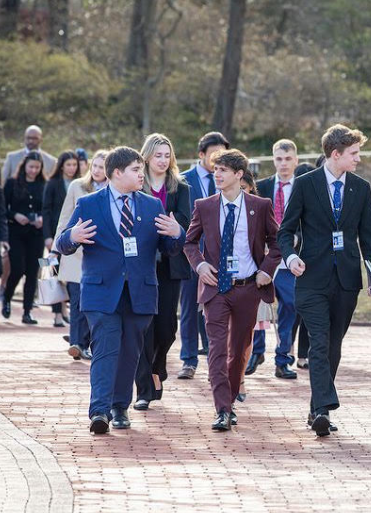
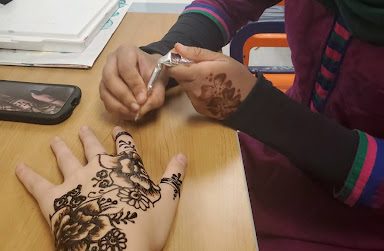
![“Smiles for Myles [is the idea that] happiness can be a long term thing for Myles,” said Buddies Club sponsor and disabilities teacher Madison McKenna.](https://theoracleonline.org/wp-content/uploads/2024/02/MylesArticleKeyPhoto-452x600.jpg)
